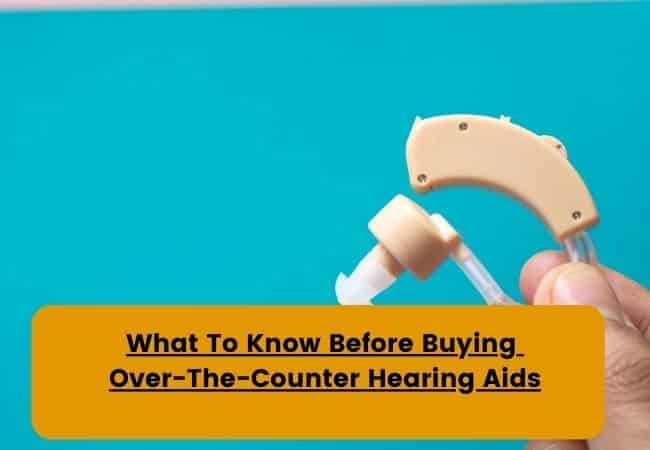Understanding the Difference from Prescription Devices
Over-the-counter hearing aids allow individuals with mild hearing loss to purchase devices directly, avoiding the process of scheduling appointments and undergoing fittings at a clinic. Unlike prescription hearing aids, which are tailored to your specific hearing profile by a professional, OTC options come in one-size-fits-most models. While convenient, this approach may not deliver the same personalized experience or precise adjustments you’d receive from a specialist.
Assessing Your Level of Hearing Loss
Before considering an OTC hearing aid, it’s worth identifying whether your hearing challenges are mild or more significant. These devices are generally designed for people who experience difficulty understanding speech in moderate background noise but can still follow conversations in quieter environments. If you struggle to hear even in quiet situations, or if you suspect your hearing has worsened over time, a professional evaluation can help ensure you choose the right path.
Examining Features and Technology
OTC hearing aids vary in features, sound quality, and durability. Some may include Bluetooth streaming or rechargeable batteries, while others offer more basic functionality. Researching and comparing product specifications helps you find an option that suits your needs. Consider factors like volume controls, background noise reduction, and fit to ensure a comfortable and effective listening experience.
Considering Return Policies and Support
Many OTC hearing aid manufacturers provide return periods, warranties, and customer support to assist users who are new to the technology. This safety net is crucial in case you encounter difficulties or realize the device doesn’t meet your expectations. A generous return policy and responsive customer service team can make a significant difference in ensuring a positive outcome.
Planning for Long-Term Maintenance and Care
Even though OTC hearing aids offer a streamlined buying process, they still require proper cleaning, upkeep, and occasional adjustments. You may need to replace parts like tubes, domes, or wax guards to maintain clear sound quality. Setting aside time for regular maintenance helps extend the device’s lifespan and ensures you continue getting the most out of your investment.



